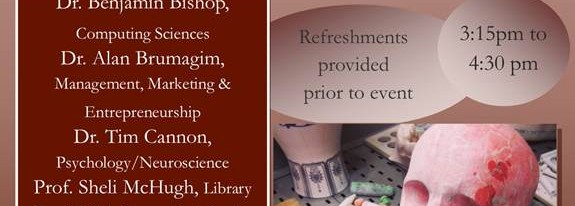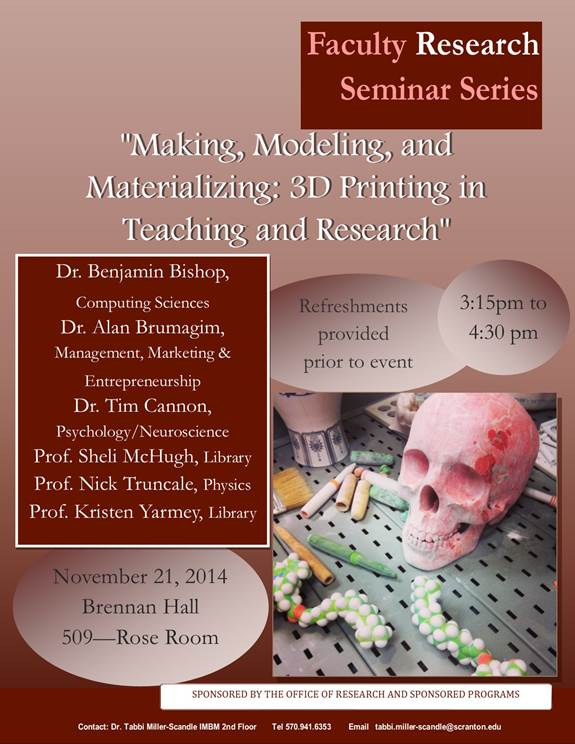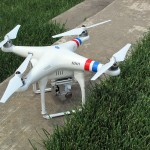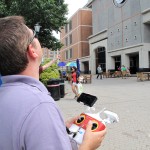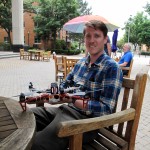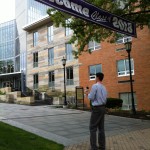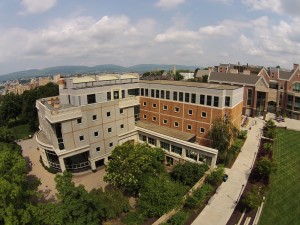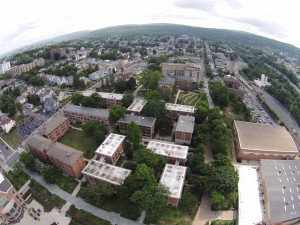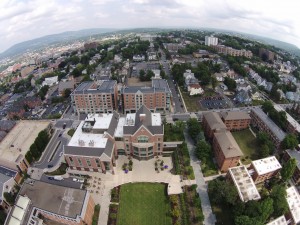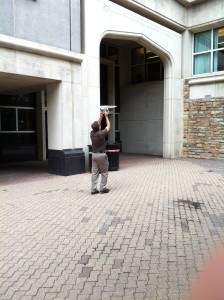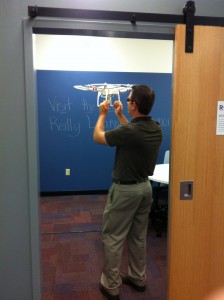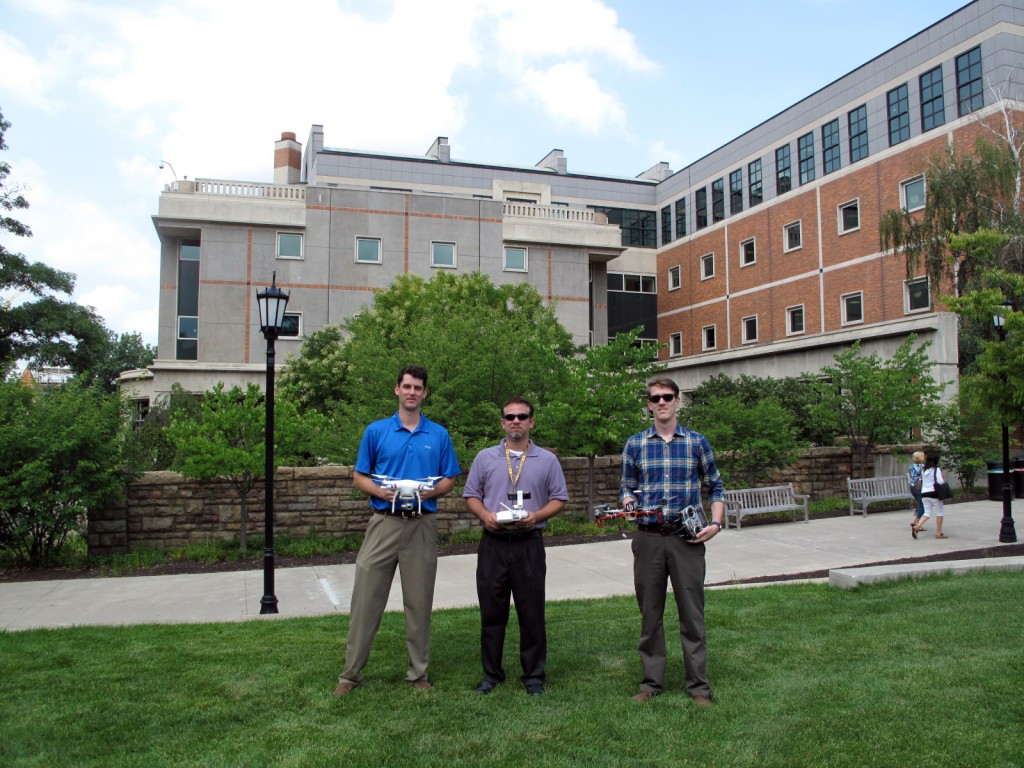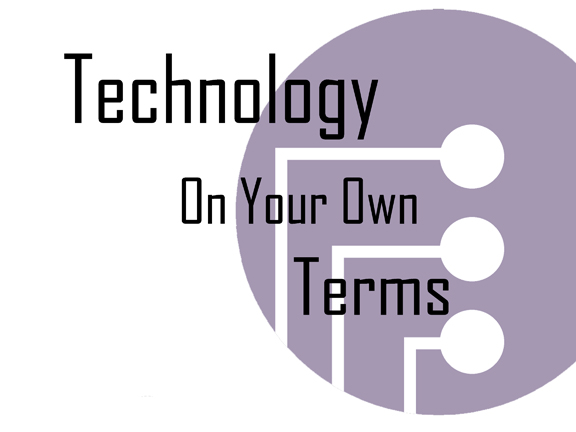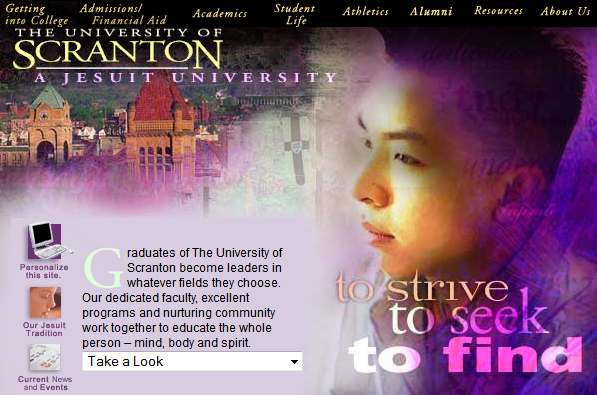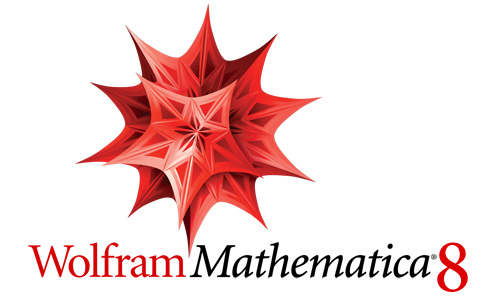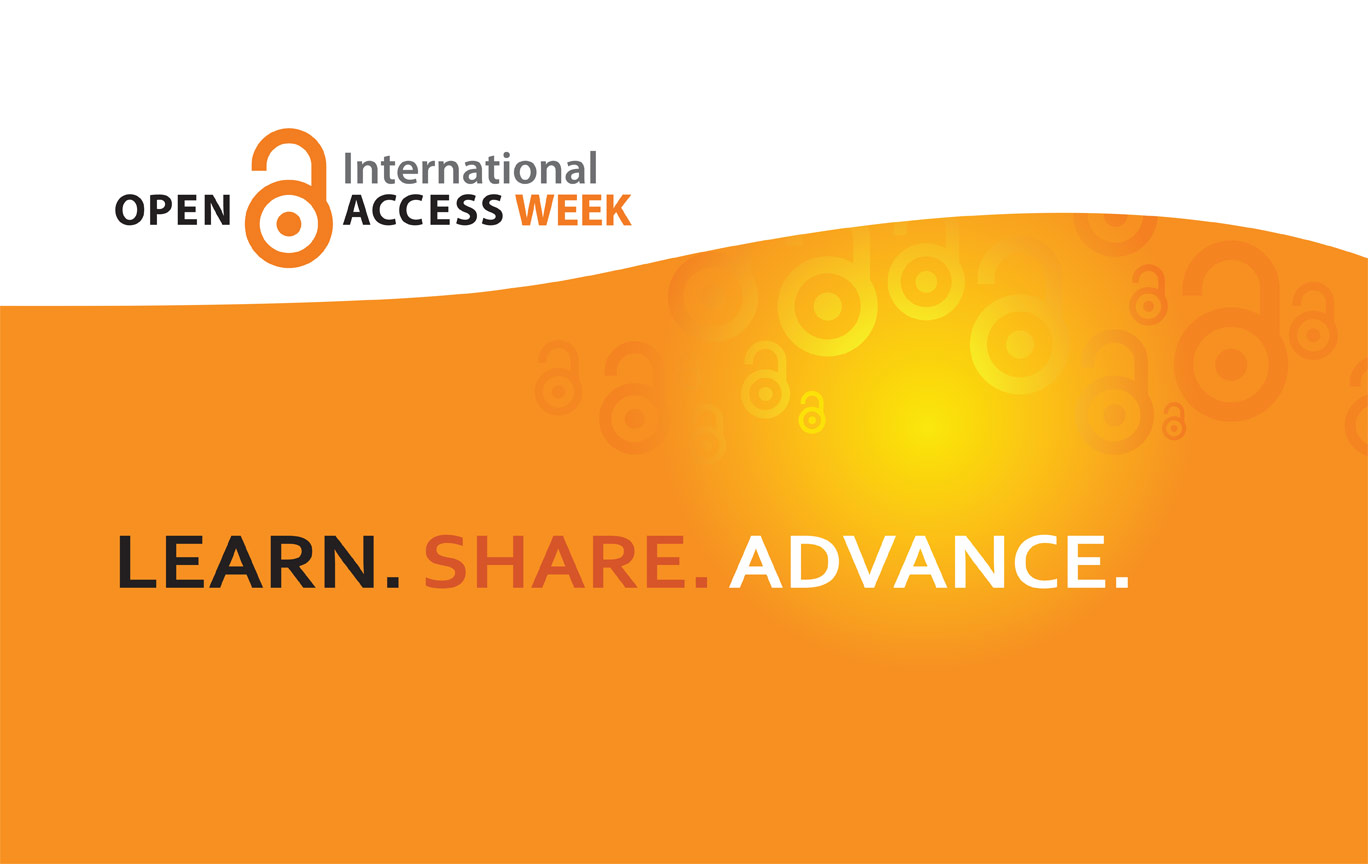
Today marks the beginning of International Open Access Week, a celebration of access to scholarship. Open Access is a movement in scholarly publishing which endeavors to sidestep or bypass the traditional barriers that block people from accessing scholarship. The most common barrier is the cost of subscription journals which are usually too expensive for individuals to own and have increasingly become a burden on academic libraries as well. Generally speaking, academic libraries and librarians consider open access to be a worthwhile or virtuous endeavor, because librarians are the people most aware of the ever increasing costs of scholarly journals. Librarians have long realized that under the current scholarly publishing model, libraries will not be able to sustain the journal collections that scholars need.
Open Access comes in a few different forms, but the common characteristic that unites all types of Open Access is that scholarship is accessible. That is to say, scholarship is not written in laymen’s terms or overly simplified, but rather articles that are made to be Open Access or articles published in Open Access journals are freely available to anyone with an internet connection. Open Access is more equitable, allowing all individuals to have the same access to the scholarship traditionally only accessible by those with the financial means to purchase multiple expensive subscriptions.
Since its inception, Open Access publishing has continuously been under attack. Some individuals do not recognize the value of Open Access publishing and tend to discriminate against publications in open access journals. Though this seemed to have been on a decline with Universities such as Harvard, Princeton, MIT, Stanford, and UPenn signing open access mandates supporting scholars who publish in open access venues (http://roarmap.eprints.org/). However, the debate seems to be on the rise again with the rise of predatory open access journals. These journals seek out scholars encouraging them to submit materials to their “peer reviewed” journal, accept the articles without undergoing peer review, and then charge the author a publication fee (the-scientist). These journals are simply exploitative of the open access movement and do not truly represent the vast, high quality scholarship that is being published in legitimate open access journals.
Recently, a sting on “open access” journals published in SCIENCE has given the anti-open access cause some ammunition (sciencemag). However, the study is not without considerable backlash from open access proponents who have noted, among other things, that the sting was selective about which journals the author chose to submit and the tone of the article was misleading about open access in general (blogs.law.harvard; Peter Suber’s plus.google.com; scholarlykitchen). It is also worth noting that the source of the “open access sting” article (SCIENCE), is the same subscription based peer reviewed publication that published a fake article in the past. This is of course a similar peer review indiscretion that the sting article sought to illuminate (michaeleisen).
Predatory Open Access journals are a real concern to the advancement of open access publishing, but there are resources for determining which journals are legitimate peer review and which are predatory. The Directory of Open Access Journals is an index of Open Access Journals. Currently, the Directory is undergoing a reevaluation to assure open access journals found in the directory are all legitimate peer reviewed journals (doaj). In addition, Beall’s list of predatory Open Access Journals lists journals and publishers that the blog’s author, a scholarly initiatives librarian at the University of Colorado Denver, deems to be predatory in nature (scholarlyoa). However, it is important to note that the Directory of Open Access Journals was found to have a few predatory open access journals in its index, this is primarily the reason it is currently undergoing internal evaluation, and Beall’s list was found to list journals that deny publication to articles based on recommendations from peer reviewers. The best safety measure is to ask colleagues their thoughts about specific journals, research the journal and the articles that it has published, and consult a librarian for their recommendation.
It is true, there are open access journals which do not have high peer review standards and seek to exploit the movement. However, the same can be said for subscription journals as well. In and of itself, Open Access does not make a journal low quality. Though Open Access has a long road ahead of it, it is only going to grow from here. The ideals of Open Access are important to scholarship and will continue to rise as more scholars become aware of the goals of Open Access and become attuned to picking out predatory open access journals. This will take a considerable amount of time to fight the misconceptions that surround Open Access publishing (theguardian).
In closing, there is a reason libraries support the Open Access movement, it is because it is for the advancement of knowledge and it is for equality. For example, there have been position statements by the Canadian Library Association (cla), the Association of Research Libraries (arl), the Scholarly Publishing and Academic Resources Coalition, a coalition of more than 800 libraries (sparc), and the Association of College and Research Libraries, a division of the American Library Association (ala).
For more information on the specifics of Open Access please see the University’s research guide on Open Access (http://guides.library.scranton.edu/openaccess).

